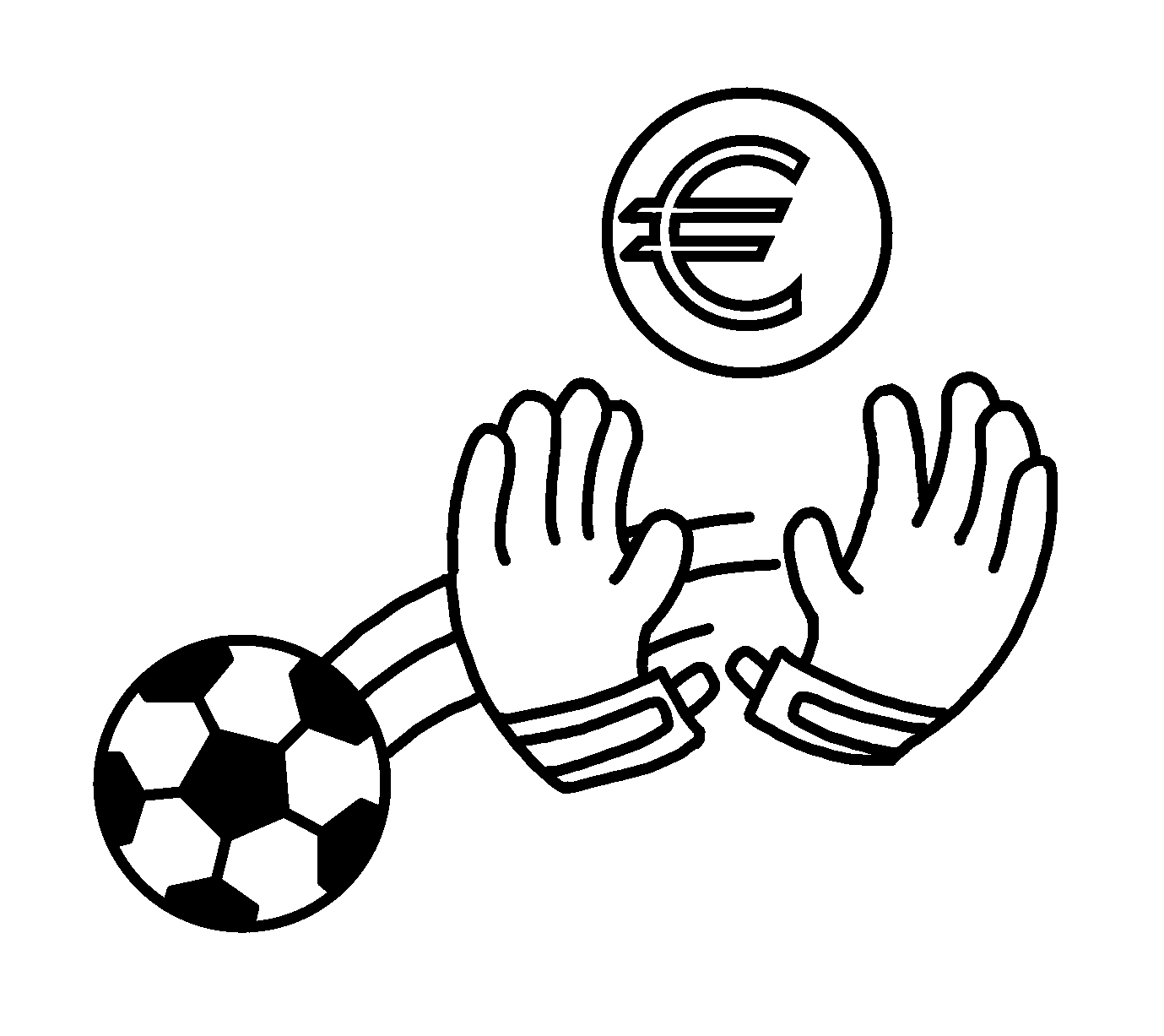How greed and power could ruin European football
March 12, 2021
Midway through last month, reports began to circulate—and are expected to be confirmed in the coming months—that the Union of European Football Associations (UEFA) was planning changes to its most renowned tournament, the UEFA Champions League (UCL). Every year, starting in October, the UCL brings together the best clubs from Europe’s top leagues, who compete to be crowned European champions during the final in May. The modern competition was founded in 1992 and has since grown to become the pinnacle of achievement for European clubs and, at the same time, a cash cow for both the UEFA and all of the teams involved. Unfortunately, it’s becoming ever more clear that money, not playing, is the chief driver for the UCL. The changes the UEFA has proposed might financially benefit the organization and its biggest clubs, but they could also tear apart everything that makes the European competition so great.
To understand the impact of the proposed changes, it’s important first to understand the current structure of the UCL. Come the official start day, 32 teams are split up into groups of four. These teams come from all over Europe, and the UEFA determines the number of participant teams from each country through a coefficient based on historical performance for each member country. Of those slots, 26 are automatically determined based on a few factors, and the other ten slots are filled using a two-month qualification tournament in which teams from lower-coefficient leagues compete. From here, we get what’s called the group stage. Each team plays all other teams in their four-member group twice and, after the dust settles, the top two teams from each group move on to the knockout stages, which are set up like a regular tournament. That, folks, is the UCL as it exists today. But starting in 2024, things might look significantly different.
The UEFA has allegedly proposed a 36-team competition in which every team would be placed in a single league. Teams would play 10 games each, after which the top eight would advance to the knockout stages and teams that finished nine through 24 would compete in a playoff for the remaining eight slots. This would mean 225 total games, a 100-game jump from the current layout. It also means four more teams are included, and it seems that they would be determined using a similar coefficient to the one mentioned earlier, only for individual clubs—meaning clubs with historical success would automatically be granted entrance.
The suspected reasoning behind the changes is twofold. Firstly, it’s about revenues. More games played means more television broadcasting and more ticket revenue. Qualified teams would be guaranteed ten games rather than just six, allowing them to generate additional revenue during the tournament. People also believe that the new format could be an appeasement of sorts. Recently, lots of talk has arisen about the most prominent European clubs—the best of the best—breaking off and starting their own “Super League,” a tournament that would for all intents and purposes replace the UCL and, for those select clubs, be a lucrative venture. By guaranteeing those clubs more high-profile games and, with the new qualification rules, all but promising their entrance to the UCL, the UEFA hopes to quell the talks of their tournament being replaced.
To speak frankly, I am heavily opposed to the proposed set of changes. From the players’ standpoint, forcing an extra four games into their schedule is a nightmare. It might not sound like much, but as it stands, Champions League teams are already playing two to three games a week, and I speak from experience when I say that is a grueling endeavor. Trying to add more games could either result in an injury uptick or teams having to play their reserves for domestic competitions, which, in competitive leagues, could have drastic consequences on title races. I’m also opposed to new qualification rules for the four extra teams. Ostensibly, it could mean that a team like Arsenal, who as I write sits 10th in the Premier League table and absolutely does not deserve to be in the UCL this year, could still qualify on the merits of their success five years ago, when half of their current players were not even on the team. Teams should have to earn their way to the Champions League.
To speak more broadly, instituting this change will only serve to enforce the power that Europe’s biggest clubs have. I understand that soccer is a business, but it’s also meant to be played for the entertainment of the fans and for the love of competition. It’s about the upward mobility of even the smallest clubs who play with heart and passion—the Leicesters of the world. With big clubs accumulating more and more power, both financially and politically, to keep themselves at the top, I worry that European soccer will lose the unpredictability and the competition that makes it so much fun to watch. The UEFA needs to take a stand—and club executives need to come back down to Earth and remember why soccer is the world’s favorite sport.


Comments
Before submitting a comment, please review our comment policy. Some key points from the policy: